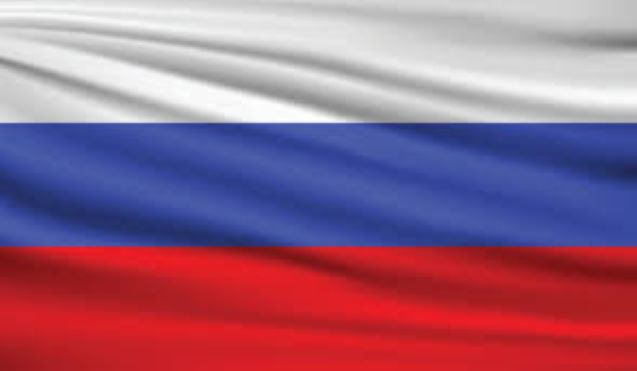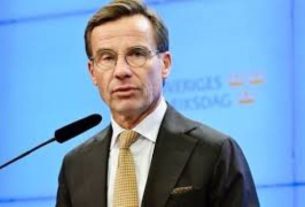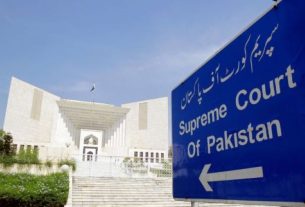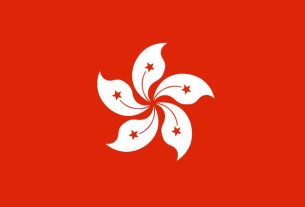Russia has stripped an anti-war activist and his family of their citizenship, rendering them stateless – a move that may mark a new way of suppressing dissent.
After five months of legal proceedings, a judge in the Shatura city court, in the Moscow region, decided on Monday that 27-year-old Arshak Makichyan’s citizenship was invalid, along with that of his father and two brothers.
Makichyan, an environmentalist known for his solitary pickets, has presented Al Jazeera with a copy of the judge’s ruling.
His family, who received Russian citizenship in 2004, is of Armenian origin.
“I was trying to unite people and bring real changes to Russia. That’s why they started this case against me and my family,” Makichyan told Al Jazeera from Germany.
“That is the price for activism in Russia. Because when you are protesting, you are putting at risk your family, your friends, and that’s difficult to understand for somebody in Europe or democratic countries.”
Inspired by Swedish activist Greta Thunberg, Makichyan has been campaigning for drastic action against global warming since 2019, earning himself the title of Moscow’s “lone climate protester” for his demonstrations in Pushkin Square.
Unauthorised rallies are illegal in Russia, making Extinction Rebellion-type events a rarity.
This year, Makichyan turned his attention to the war in Ukraine, and called for an embargo on fossil fuels, which are helping fund Russia’s war effort.
According to Makichyan’s lawyer Olga Podoplelova, the judge’s behaviour in the final hearing was unorthodox.
“We finished the debate and the judge retired to the deliberation room at 7:05pm, and a few minutes later, the secretary announced that the decision would not be announced today, and we would be informed by phone the next day,” she explained over email.
“According to Russian law, the court is obliged to announce the resolution immediately after the hearing – that is, the judge committed a very serious violation, which calls into question her independence and decision-making, based on her own inner convictions without anyone else’s influence.”
At the time of writing, the Shatura prosecutor’s office, which initiated proceedings, had not replied to Al Jazeera’s request for comment.
If Makichyan and Podoplelova’s suspicions are correct, the judge’s behaviour could be an example of “telephone justice”, in which judges are instructed over the phone to deliver verdicts by certain interested parties.
Proceedings against the Makichyan family began in June.
While officials say the protester obtained his citizenship illegally, he along with other activists claim the case is politically motivated.
The case against him was being brought under Article 22 of the Citizenship Law. This maintains that the citizen provided false statements in their original application, making it void. He was accused of living at a different address than the one given in his application, while other supporting documents have apparently been lost.
In the past, Russia has revoked citizenships mistakenly by bureaucratic error. Moscow has also stripped the nationalities of particularly dangerous criminals.
“Under normal circumstances, there would be a chance to win this case,” said Podoplelova, explaining that when documents have apparently been lost, as in Makichyan’s case, the Supreme Court has ruled that responsibility cannot be shifted to citizens.
“We still have opportunities to fight for the citizenship of Arshak and his family members, but there are reasons to think that the decision on his case is not made in court.”
Nevertheless, Makichyan’s family plans to appeal.
“Now I am stateless,” Makichyan said. “I don’t know if my diplomas from the Moscow Conservatory are valid at this point. I don’t know if my marriage is valid. I don’t know what it means for minorities in Russia – if they can cancel the citizenship of people and confiscate their property, maybe it’s just the first step.”
He plans to meet his lawyer in Germany, but said he does not want to seek asylum.
“Germany is a great country, but it’s not my country, he said.__Al Jazeera





